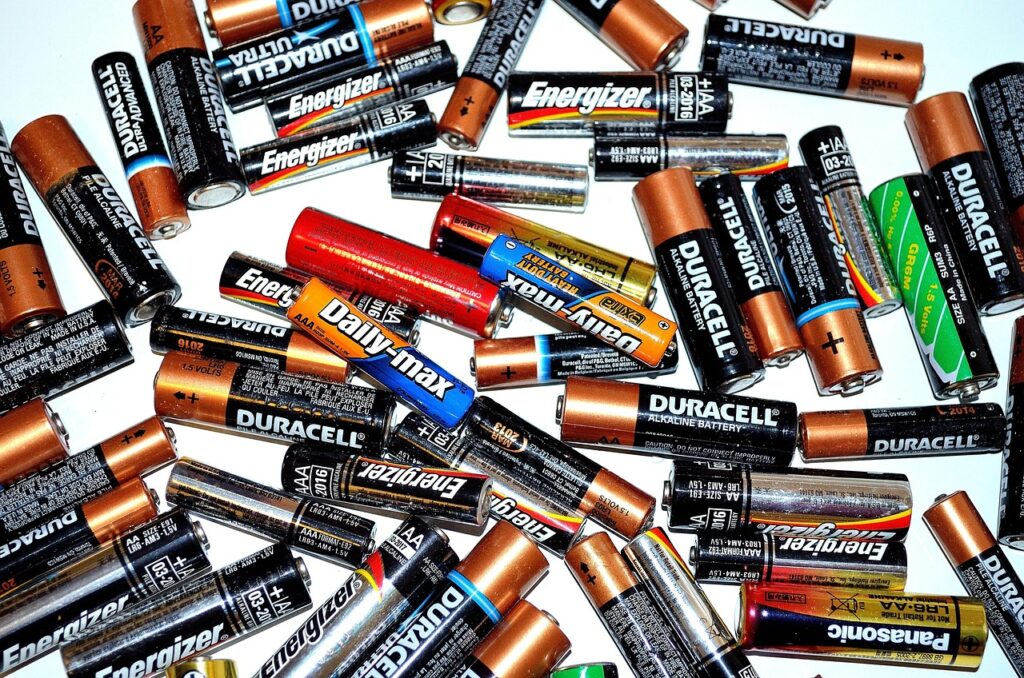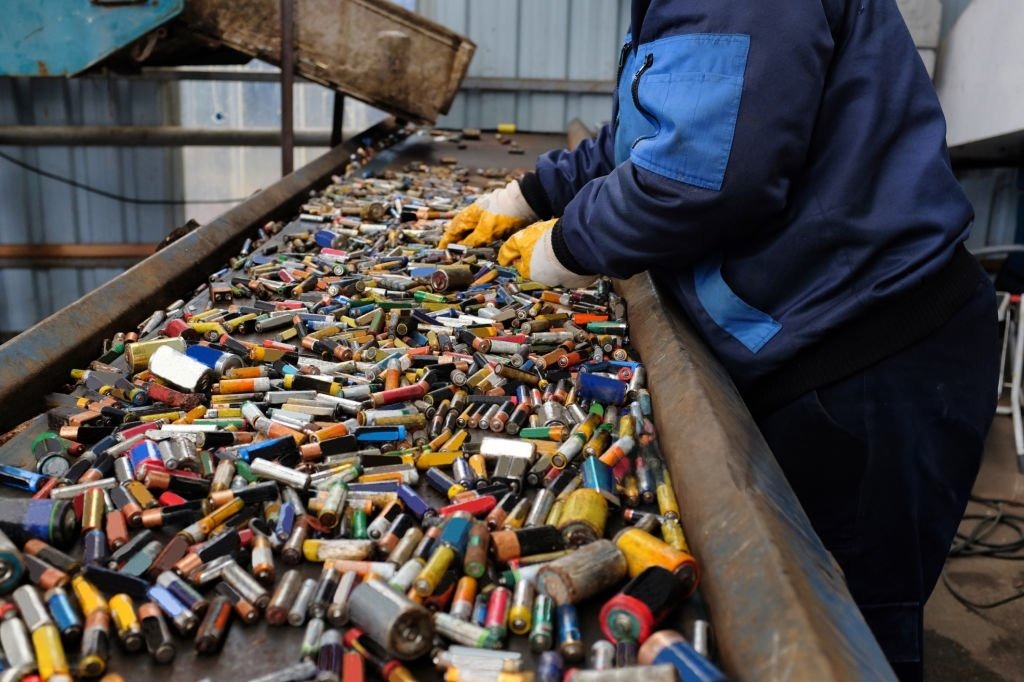According to the International Energy Agency (IEA), global demand for lithium-ion batteries is projected to grow sevenfold by 2030. While this shift supports clean energy transitions, it also leads to an unprecedented surge in battery waste.
When batteries aren’t properly disposed of, they leak toxic chemicals like:
- Lead → contaminates soil and water
- Mercury & cadmium → harm marine life and food chains
- Electrolytes → increase fire and explosion risks
Left unchecked, battery waste could become as catastrophic as historical oil spills, impacting biodiversity and human health on a global scale.

🌱 Why Battery Recycling Matters
Unlike oil, the components of batteries — lithium, cobalt, nickel, and manganese — are finite resources. If extracted unsustainably, they fuel environmental degradation and geopolitical conflicts.
Battery recycling offers a twofold solution:
- Environmental protection → reducing landfill contamination and toxic leaks
- Resource recovery → extracting valuable materials for reuse, lowering mining dependency
“Batteries are the heartbeat of a sustainable future — but only if we close the loop,” says Amb. Canon Otto, Convener of the Global Sustainability Summit.

🚀 Innovations Driving Change
Across the globe, innovators are working to redefine battery sustainability:
🔄 1. Advanced Recycling Technologies
Companies like Li-Cycle (Canada) and Redwood Materials (USA) are using hydrometallurgical and direct recycling methods to recover up to 95% of battery materials.
⚡ 2. Second-Life Batteries
Retired EV batteries are being repurposed into energy storage systems for homes and microgrids — extending their lifespan and reducing waste.
🌿 3. Battery-Free Energy Solutions
Researchers are exploring solid-state batteries and bio-based energy storage systems, which promise cleaner production and safer disposal.

🌎 Global Policies and Action Plans
Governments are waking up to the challenge:
- European Union → Enforcing the Battery Regulation 2023, mandating minimum recycling content in new batteries.
- China → Implementing strict rules requiring EV manufacturers to establish recycling networks.
- United States → Investing billions through the Bipartisan Infrastructure Law to advance domestic battery recycling.
But Africa and other developing regions remain vulnerable, often serving as dumping grounds for used batteries. Urgent policy frameworks are needed to regulate imports and encourage local recycling facilities.
💡 What You Can Do
Everyone has a role to play in preventing a battery waste disaster:
✅ Consumers → Drop off used batteries at certified collection centers
✅ Businesses → Invest in circular economy practices
✅ Policymakers → Enforce stricter disposal and recycling regulations
✅ Communities → Educate people on safe handling and disposal methods

🔗 The Road Ahead
Battery waste doesn’t have to become the next oil spill. Through innovation, policy, and collaboration, we can transition toward a sustainable energy future where batteries power progress without polluting the planet.
At SustainabilityUnscripted, we’re committed to driving conversations, inspiring solutions, and highlighting innovators shaping a greener, cleaner tomorrow.







